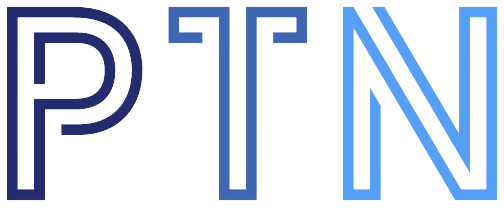Psychedelic Therapy
Psychedelic therapy is a form of therapy that utilizes psychedelic substances, such as LSD, psilocybin, and sometimes DMT, to help individuals with a range of mental health conditions. These substances have been used for centuries in traditional medicinal and spiritual practices, but have been largely overlooked by mainstream psychiatry in the last few decades. However, recent research has shown that these substances have the potential to be powerful tools in treating conditions such as depression, anxiety, PTSD, and addiction.

One of the key mechanisms of action of psychedelic substances is their ability to alter brain activity in specific regions. For example, studies have shown that psychedelics can increase activity in the default mode network (DMN), a network of brain regions that is active during self-reflection and introspection. This increased activity in the DMN may be responsible for the profound sense of self-awareness and introspection that is often reported during a psychedelic experience.
In addition to altering brain activity, psychedelics also appear to increase neuroplasticity, which is the brain’s ability to change and adapt in response to new experiences. This increased neuroplasticity may be responsible for the long-term changes in thought and behavior that are often reported by individuals who have undergone psychedelic therapy.
One of the most promising areas of research in psychedelic therapy is the treatment of depression. A number of studies have shown that a single dose of psychedelics can produce a rapid and sustained reduction in symptoms of depression. For example, a study conducted by Imperial College London found that a single dose of psilocybin produced a significant reduction in symptoms of depression in individuals with treatment-resistant depression. Another study conducted by Johns Hopkins University found that a single dose of psilocybin produced a significant reduction in symptoms of depression and anxiety in individuals with advanced cancer.
Another area of research in psychedelic therapy is the treatment of anxiety. A number of studies have shown that psychedelics can be effective in reducing symptoms of anxiety, particularly in individuals with conditions such as PTSD and OCD. For example, a study conducted by the New York University School of Medicine found that a single dose of psilocybin produced a significant reduction in symptoms of PTSD in veterans. Another study conducted by the University of California, Los Angeles found that a single dose of psilocybin produced a significant reduction in symptoms of OCD in individuals.
In addition to treating mental health conditions, psychedelic therapy is also being explored as a treatment for addiction. A number of studies have shown that psychedelics can be effective in reducing symptoms of addiction, particularly in individuals with addiction to alcohol and other substances. For example, a study conducted by the University of New Mexico found that a single dose of ibogaine, a psychedelic substance found in the root bark of the iboga plant, produced a significant reduction in symptoms of addiction in individuals with addiction to opiates.
While the research on psychedelic therapy is still in its early stages, the results so far are promising. However, it is important to note that psychedelic therapy is not a one-size-fits-all solution and should only be used under the guidance of a qualified medical professional. Additionally, it is important to remember that psychedelics are still illegal in most countries, including the United States, and their use outside of a research setting is considered illegal.
In conclusion, psychedelic therapy is a promising new form of therapy that utilizes psychedelic substances to help individuals with a range of mental health conditions. The research so far has shown that psychedelics have the potential to be powerful tools in treating conditions such as depression, anxiety, PTSD, and addiction. However, more research is needed to fully understand the mechanisms of action and long-term effects of these substances. Additionally, psychedelic therapy should only be used under the guidance of a therapist.
Psychedelic therapy in the Netherlands
Psychedelic therapy remained available in the Netherlands even though some psychedelics became illegal. In case of psilocybin magic truffle therapy was and is still available. The most experienced guides can be found in the Netherlands. More information can be found by using the following links:
Het originele bericht komt van de onderstaande link
LSD therapie: Psychedelic therapy and the use of LSD, Psilocybin or DMT
